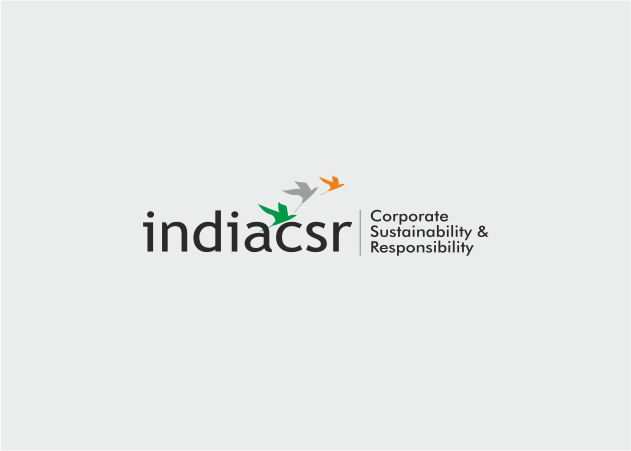By Rusen Kumar
Corporate Social Responsibility (CSR) in India has very recently undergone a metamorphosis to acquire a legally mandatory character under ‘The Companies Act, 2013 and associated Companies (CSR Policy) Rules 2014’.
The Companies Act, 2013, read with the Companies (Corporate Social Responsibility Policy) Rules, 2014 (the CSR Rules), requires companies meeting requirements of certain thresholds of net worth, turnover, or net profits to constitute a CSR Committee and to spend 2% of a respective company’s average profits before taxes for the previous three fiscal years on identified areas of CSR. This requirement became effective on April 1, 2014.
The Corporate Social Responsibility Committee formulates and recommends the CSR policy to the Board and monitors CSR budget, activities and expenditure.
If a company is unable to spend the required amount, it will be required to disclose the reasons for the shortfall.
In January 2021, the MCA issued the Companies (Corporate Social Responsibility Policy) Amendment Rules, 2021, giving effect to the changes introduced in CSR by the Companies Amendment Acts of 2019 and 2020. With such an amendment coming into force, the requirement for CSR spending was made a statutory obligation, which is a significant departure from the earlier approach of ‘comply or explain’.
Further, the role of a company’s board of directors in the implementation of CSR activity increased significantly, as the board of directors is required to not only approve the budget and area of focus for CSR projects but also approve specific CSR projects, oversee the implementation of projects, monitor the disbursement of funds to such projects and obtain impact assessment of such projects, among other things.
Through its General Circular dated May 5, 2021, the MCA clarified that the spending of CSR funds for creating health infrastructure for COVID-19 care, establishing medical oxygen generation and storage plants, manufacturing and supply of oxygen concentrators, ventilators, cylinders, and other medical equipment for countering COVID-19 or other ancillary activities would be considered eligible CSR activities under Schedule VII of the Companies Act, 2013.
Through its Circular dated July 30, 2021, the MCA further clarified that companies spending CSR funds for COVID-19 vaccination, for persons other than their own employees and their families, would be considered to be an eligible CSR activity under item (i) of Schedule VII of the Companies Act, 2013.
As per the amended CSR Rules, in case of excess CSR spending by a company in a fiscal year, such excess amount may be set off against the CSR spend requirement for up to the immediately succeeding three financial years, subject to fulfillment of certain conditions.
Companies (Accounts) Rules, 2014
With effect from February 11, 2022, the MCA notified the Companies (Accounts) Amendment Rules, 2022, which introduced the Report on Corporate Social Responsibility in e-form CSR-2. This form was required to be filed on or before March 31, 2022, by those entities which fall under the provisions of Section 135 of the Companies Act, 2013 and are required to comply with the provisions of Corporate Social Responsibility. Through its notification dated March 31, 2022, the MCA deferred the due date to May 31, 2022.
In March 2021, the MCA mandated, with effect from April 1, 2021, that the accounting software used by companies should include recording an audit trail of every transaction by creating and editing a log of each change made in the books of accounts that record the date of when such changes were made, and ensuring that such audit trail recording cannot be disabled. Through its notification dated April 1, 2021, the MCA deferred the compliance requirement from April 1, 2021, to April 1, 2022.
On March 31, 2022, the MCA notified the Companies (Accounts) Second Amendment Rules, 2022, to further defer the date of applicability for the requirement from April 1, 2022, to April 1, 2023.
Whilst aligning to this new legal framework, Companies have evolved their CSR framework comprising short- and long-term CSR Strategy and Roadmap, Policy, Guidelines, and Annual plans based on reflections and learnings. The Company’s endeavors have been to strike a fine balance between CSR projects having a ‘strategic business-CSR connect’ (for leveraging the company’s and its ecosystem’s core strengths and competencies) and ‘doing the right thing’ (addressing pressing needs of the local community and this may not necessarily have a business connect). To understand the relevance, utility and impact of CSR projects, the Company needs to have proactively and voluntarily adopted an evolving Impacts Assessment Framework known as Social Returns on Investment (SRoI)
Also Read: State-wise CSR distribution for the year FY 2020-21 – India CSR Network
(India CSR)







